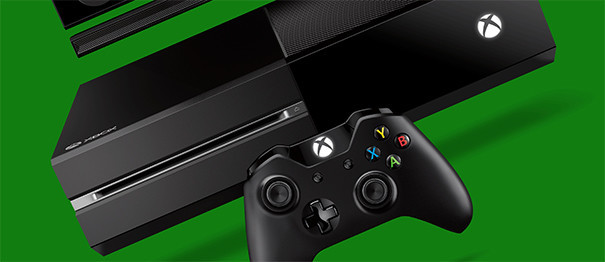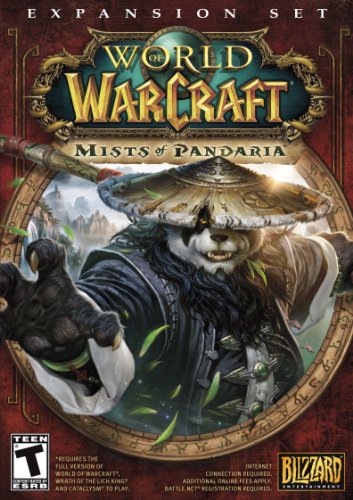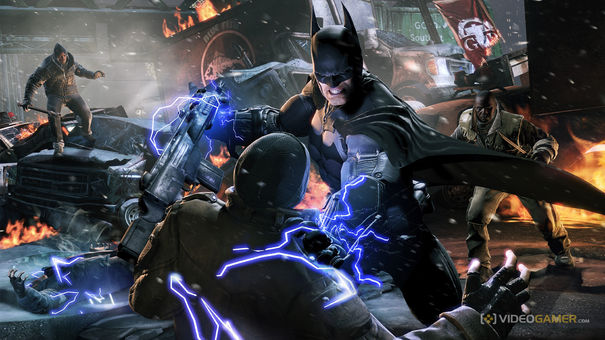

In 1985, the United States video game console market was all but dead. Even popular games like Pac Man and Asteroids weren’t doing well in arcades. What brought the market down was the flood of cheap knockoff titles that came into distribution a couple years earlier selling for a messily two to three dollars a piece. The low quality of these games put a black mark on the video game industry. The over saturation made it hard for even quality game manufactures to get their name out to the public, typically, forcing them to shut their doors permanently.
This downfall continued until a corky little Japanese company came into the mix. Nintendo broke into the console market in Japan in 1983, breaking out with Famicom, or NES in America. With a slumping U.S. console market, many console producers were abandoning the industry. Former players such as the Colcovision and Intellivision simply no longer sold. This ended up being the perfect situation for the console to be unleashed on America.
At the end of 1985, stores had the NES for sale and instantly it was a success. Breathing life back into the industry, many game makers were eager to create games for this new console. This caused an interesting dilemma for the Japanese console manufacturer. The flood of games that hit the market was the reason for the previous crash. To counter this from happening, game publishers were only allowed to produce five games for sale per year.
This turned out to be a risky maneuver. However, because their console was absolutely dominating the market, many developers reluctantly had to comply. Nintendo also demanded that all games that were made for their console be exclusive for a period of one year, thus forcing games to be exclusive and only on the NES for sale.
They also introduced the concept of security chips in game cartridges. This allowed protection against hackers and made it so only their console could play NES games. It also forced developers to use Nintendo as a manufacturer of there games, which was another way the company forced quality control on the American video game industry.
Nintendo took many strong handed tactics to get on top of the video game industry. These tactics later became the subject of scrutiny for many years afterwards but it’s no doubt that Nintendo was an opportunistic company that used every thing in its power to break them into the video game industry. They may have been underhanded, but the company is one of the few from that era still standing today.
Justin Oliver loves classic consoles and typically has nes for sale and colecovision for sale.




 Best Crafting Material Farming Spots in World of Warcraft: Mists of Pandaria
Best Crafting Material Farming Spots in World of Warcraft: Mists of Pandaria Assassins Creed: Brotherhood Map - Feather, Treasure, Flag Locations
Assassins Creed: Brotherhood Map - Feather, Treasure, Flag Locations Torchlight 2: The Deadly Dual Pistol Outlander Build Guide
Torchlight 2: The Deadly Dual Pistol Outlander Build Guide Batman: Arkham Origins
Batman: Arkham Origins Destruction on a Massive Scale
Destruction on a Massive Scale